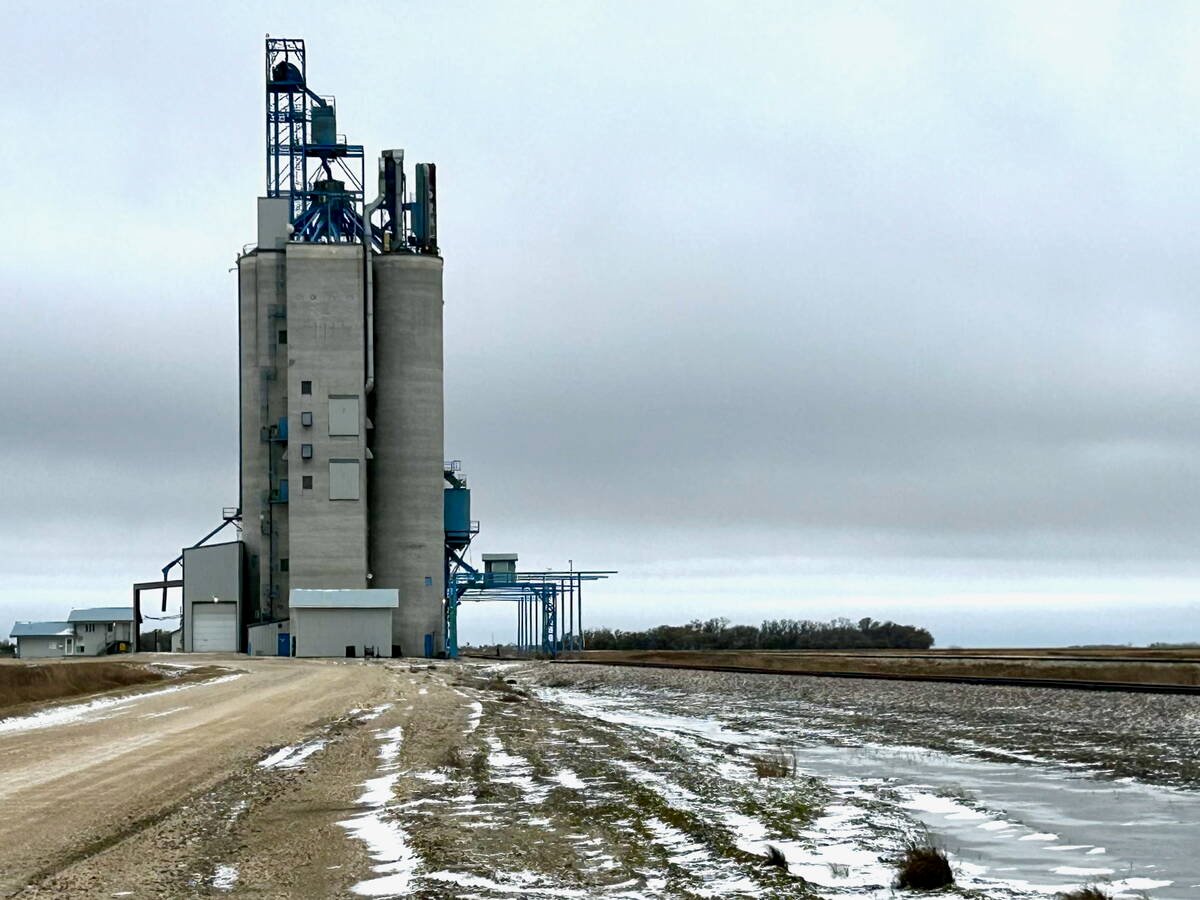The Senate majority leader is introducing a bill that would treat the commodity like any other agricultural commodity
Neil Reiten is frustrated.
Last year he grew pedigreed hemp seed on his farm near Petersburg, North Dakota, expecting growers in the state to buy seed from him over the winter.
That didn’t happen.
North Dakota farmers are shying away from hemp because there’s nowhere to sell the crop in the state. Plus, growers can’t sell the crop to processors in nearby states because it’s illegal to transport hemp grain across state borders.
“Here in North Dakota, right now, we’re kind of bottlenecked,” said Reiten, who operates Legacy Hemp, a seed company that’s also building a hemp processing plant in Wisconsin.
Read Also

Manitoba grain elevator ownership expands
Carman-based Linear Grain buys Fannystelle elevator from Bunge, another three elevators sold to Morden’s BP & Sons Grain and Storage Inc.
“You can’t take it to Minnesota, can’t take it into Wisconsin…. With no processing going on in the state of North Dakota, nobody is going to buy seed.”
U.S. politicians have proposed legislation that will help Reiten and other players in America’s hemp industry by eliminating federal regulations that govern the production of hemp.
On March 26, Mitch McConnell, Senate majority leader, said he wants hemp to become an “agricultural commodity,” just like other crops.
“I will be introducing … a bipartisan bill in the Senate to continue to support this important Kentucky industry; it will be the Hemp Farm Act of 2018,” McConnell said in a CNN report.
“First and foremost, this bill will finally legalize hemp … and remove it from list of controlled substances.”
American farmers in a number of states, including Colorado and McConnell’s home state of Kentucky, have been growing hemp since 2014.
They can grow it only for research purposes to study its potential as a crop. The federal government still views hemp as a controlled substance because of its association with marijuana.
Reiten, who grew hemp for the first time in 2017, learned last spring how serious the federal government is about hemp.
FBI agents fingerprinted his employees, and the federal officers gave Reiten a direct warning.
“They straight out told us, ‘we will be watching you very closely.’ ”
McConnell’s bill would remove the need for fingerprinting, criminal background checks and other federal oversight. Instead, state governments would oversee hemp production.
Reports suggest the changes to hemp rules could be part of the 2018 farm bill.
Reiten described McConnell’s bill as “fantastic” news.
“It’s definitely a move in the right direction,” he said.
“Like McConnell said, let’s keep the feds out of American farmers’ fields and let them farm.”
Reiten may benefit from McConnell’s bill in a year or two, but hemp regulations will remain a nuisance in the short term.
In 2017, North Dakota farmers planted around 3,000 acres of hemp as part of a pilot program in the state. Because North Dakota doesn’t have a hemp processing plant and it’s illegal to transport hemp grain across the state’s borders, a portion of the crop was sold to hemp processors in Manitoba.
Reiten said the situation is ridiculous.
“I cannot bring my seed into Minnesota or Wisconsin, but they (state authorities) decided we’re going to go across a federal border, which makes no sense to me,” he said.
“It’s a little bit maddening right now. I’ve got a tremendous amount of (pedigreed) seed and nobody wants to plant (hemp) because North Dakota has stated the only place you can go with … is Canada.”
Hemp acres could explode in the United States if McConnell’s bill becomes law, thus creating competition for Canada’s hemp industry.
Canada is now the major producer of hempseed and hemp-based foods in North America. Last year Canadian farmers, mostly on the Prairies, seeded about 130,000 acres of hempseed.
More acres south of the border will mean more competition but also more opportunity.
Public surveys show that only 0.5 percent of Americans consume hemp food, such as hemp oil, hemp protein and snacks made from hempseed.
Turning hemp into an agricultural commodity, such as corn or soy, should increase public awareness and consumption of hemp food.
“If we take that to two percent, all of us could be producing (more),” said Ken Anderson, Reiten’s business partner in Legacy Hemp.
“The fact that more and more Americans are being turned on to the benefits of eating hemp … I think that both countries’ acreage could increase.”
- Seventeen states had pilot programs or projects for hemp research last year.
- Thirty-four states have ruled that industrial hemp is distinct from marijuana and removed barriers to its production.















